Table of contents
In this articile, you will learn
Protein is essential for our health and crucial in muscle building, repair, and overall bodily functions. However, many myths surrounding protein can lead to confusion and misinformation.
In this article, we’ll debunk the top 10 protein myths, providing the facts you need to make informed decisions about your diet.
Don’t like to read? Watch the video
Myth 1: You Can Only Absorb a Certain Amount of Protein per Meal
Myth: A common belief is that the body can only absorb 20-30 grams of protein per meal, with any excess being wasted.
Debunking: Scientific evidence shows the body can adapt to different protein intakes. While protein synthesis may plateau, the body still uses the amino acids for other functions, including maintaining muscle mass and supporting metabolic processes. Studies indicate that spreading protein intake throughout the day may be beneficial. Still, there is no strict upper limit per meal.
Source: Journal of Nutrition – Protein Distribution and Muscle Health (https://academic.oup.com/jn/article/148/9/1564/5059579)
Myth 2: High-Protein Diets Cause Kidney Damage
Myth: There is a widespread belief that consuming too much protein can lead to kidney damage, particularly in healthy individuals.
Debunking: This myth stems from concerns about people with pre-existing kidney conditions. For healthy individuals, high-protein diets have not been shown to cause kidney damage. Studies demonstrate that protein intake, even higher levels, is safe for those without kidney disease.
Source: National Institutes of Health (NIH) – Health Risks of Protein Deficiency (https://www.ncbi.nlm.nih.gov/pmc/articles/PMC4861872/)
Myth 3: Plant-Based Proteins Are Incomplete and Ineffective
Myth: The idea is that plant-based proteins do not provide all essential amino acids and are, therefore, inferior to animal proteins.
Debunking: While it’s true that most plant proteins are incomplete (lacking one or more essential amino acids), they can be combined to form complete proteins. For example, beans and rice together provide all essential amino acids. Furthermore, some plant proteins, like quinoa and soy, are complete on their own.
Source: Harvard T.H. Chan School of Public Health – The Nutrition Source: Protein (https://www.hsph.harvard.edu/nutritionsource/what-should-you-eat/protein/)
Myth 4: More Protein Equals More Muscle
Myth: Many people believe that simply consuming more protein will automatically lead to increased muscle mass.
Debunking: While protein is crucial for muscle growth, it must be combined with resistance training to be effective. The body uses the amino acids from protein to repair and build muscle tissue after exercise. Without the stimulus of exercise, extra protein will not lead to significant muscle gain.
Source: Journal of the International Society of Sports Nutrition – Myths and Misconceptions About Dietary Protein (https://jissn.biomedcentral.com/articles/10.1186/s12970-018-0215-1)
Myth 5: Protein Supplements Are Necessary for Everyone
Myth: The belief is that everyone needs protein supplements to meet their daily protein requirements.
Debunking: Most people can meet their protein needs through a balanced diet that includes a variety of protein-rich foods. Protein supplements can be convenient for some, particularly athletes or those with higher protein needs, but they are not essential for everyone.
Source: Mayo Clinic – Protein Myths and Facts (https://www.mayoclinic.org/healthy-lifestyle/nutrition-and-healthy-eating/expert-answers/protein/faq-20058298)
Myth 6: You Can Only Get Enough Protein from Animal Sources
Myth: There’s a misconception that adequate protein intake is only possible through consuming animal products.
Debunking
Debunking: Plenty of plant-based protein sources can meet your protein needs. Foods like lentils, chickpeas, tofu, tempeh, quinoa, and nuts are all protein and can be part of a balanced diet.
Source: PubMed – Debunking Common Protein Myths (https://pubmed.ncbi.nlm.nih.gov/26567189/)
Myth 7: Protein Timing Is Crucial for Muscle Growth
Myth: This myth suggests that protein must be consumed immediately before or after workouts for effective muscle growth.
Debunking: While timing can play a role, total daily protein intake is more important. Consuming enough protein throughout the day ensures a steady supply of amino acids for muscle repair and growth. The anabolic window (the period right after a workout) is broader than once thought, allowing for flexibility in protein timing.
Source: American Journal of Clinical Nutrition – Protein’s Role in Weight Management (https://academic.oup.com/ajcn/article/101/6/1320S/4564499)
Myth 8: Older Adults Don’t Need as Much Protein
Myth: The misconception here is that protein needs decrease with age.
Debunking: In fact, older adults may need more protein to help maintain muscle mass and support overall health. As we age, our bodies become less efficient at processing protein, making it essential to ensure adequate intake.
Source: World Health Organization (WHO) – Protein and Amino Acid Requirements in Human Nutrition (https://www.who.int/nutrition/publications/nutrientrequirements/WHO_TRS_935/en/)
Myth 9: All Protein Powders Are the Same
Myth: Some believe that all protein supplements are created equal in terms of quality and effectiveness.
Debunking: Protein powders vary significantly in quality, source, and ingredients. It’s essential to choose a product that fits your dietary needs and preferences. Look for powders with minimal additives and high-quality protein sources.
Source: Journal of the Academy of Nutrition and Dietetics – Clearing Up Protein Myths (https://jandonline.org/article/S2212-2672(20)30101-0/fulltext)
Myth 10: Protein Causes Weight Gain
Myth: The idea here is that consuming protein will inevitably lead to weight gain.
Debunking: Protein itself does not cause weight gain. In fact, it can help with weight management by promoting satiety and preserving muscle mass during weight loss. Weight gain occurs when there is a caloric surplus, regardless of macronutrient composition.
Source: Harvard T.H. Chan School of Public Health – The Nutrition Source: Protein (https://www.hsph.harvard.edu/nutritionsource/what-should-you-eat/protein/)
Conclusion
Understanding the truth behind common protein myths can help you make better dietary choices and optimize your health. By relying on scientific evidence rather than misconceptions, you can ensure you get the most out of your protein intake. For personalized advice, always consult with a healthcare provider or nutritionist.
Works Cited and Relevant Links
- Harvard T.H. Chan School of Public Health. The Nutrition Source: Protein. Retrieved from https://www.hsph.harvard.edu/nutritionsource/what-should-you-eat/protein/
- National Institutes of Health (NIH). Common Myths About Protein. Retrieved from https://www.ncbi.nlm.nih.gov/pmc/articles/PMC3946160/
- Mayo Clinic. Protein Myths and Facts. Retrieved from https://www.mayoclinic.org/healthy-lifestyle/nutrition-and-healthy-eating/expert-answers/protein/faq-20058298
- Journal of the International Society of Sports Nutrition. Myths and Misconceptions About Dietary Protein. Retrieved from https://jissn.biomedcentral.com/articles/10.1186/s12970-018-0215-1
- American Journal of Clinical Nutrition. Protein Myths: Separating Fact from Fiction. Retrieved from https://academic.oup.com/ajcn/article/101/6/1320S/4564499
- PubMed. Debunking Common Protein Myths. Retrieved from https://pubmed.ncbi.nlm.nih.gov/26567189/
- Journal of the Academy of Nutrition and Dietetics. Clearing Up Protein Myths. Retrieved from https://jandonline.org/article/S2212-2672(20)30101-0/fulltext
This is a personal blog. I am not a doctor, fitness coach, nutritionist, or trained health professional. The information I share is based on my personal experience, self-research, and insights from working with health and wellness professionals. My content is for informational and entertainment purposes only and is not intended as health advice.
Always consult with your healthcare provider before making any significant changes to your health routines or treatments. I am not liable for any actions taken based on this information.
With that said, your well-being is my top priority. Stay healthy and take care!
Credits and Team



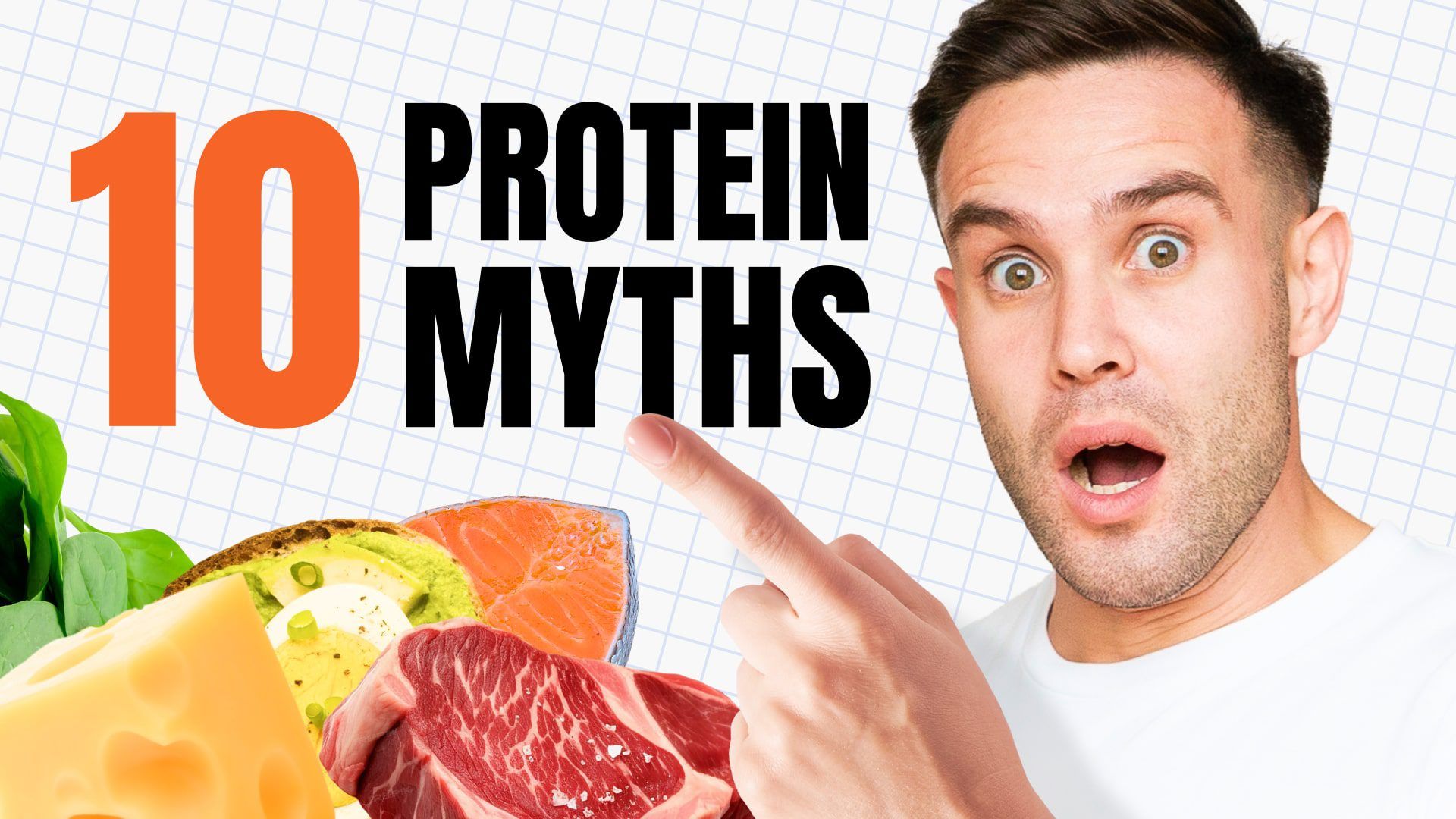



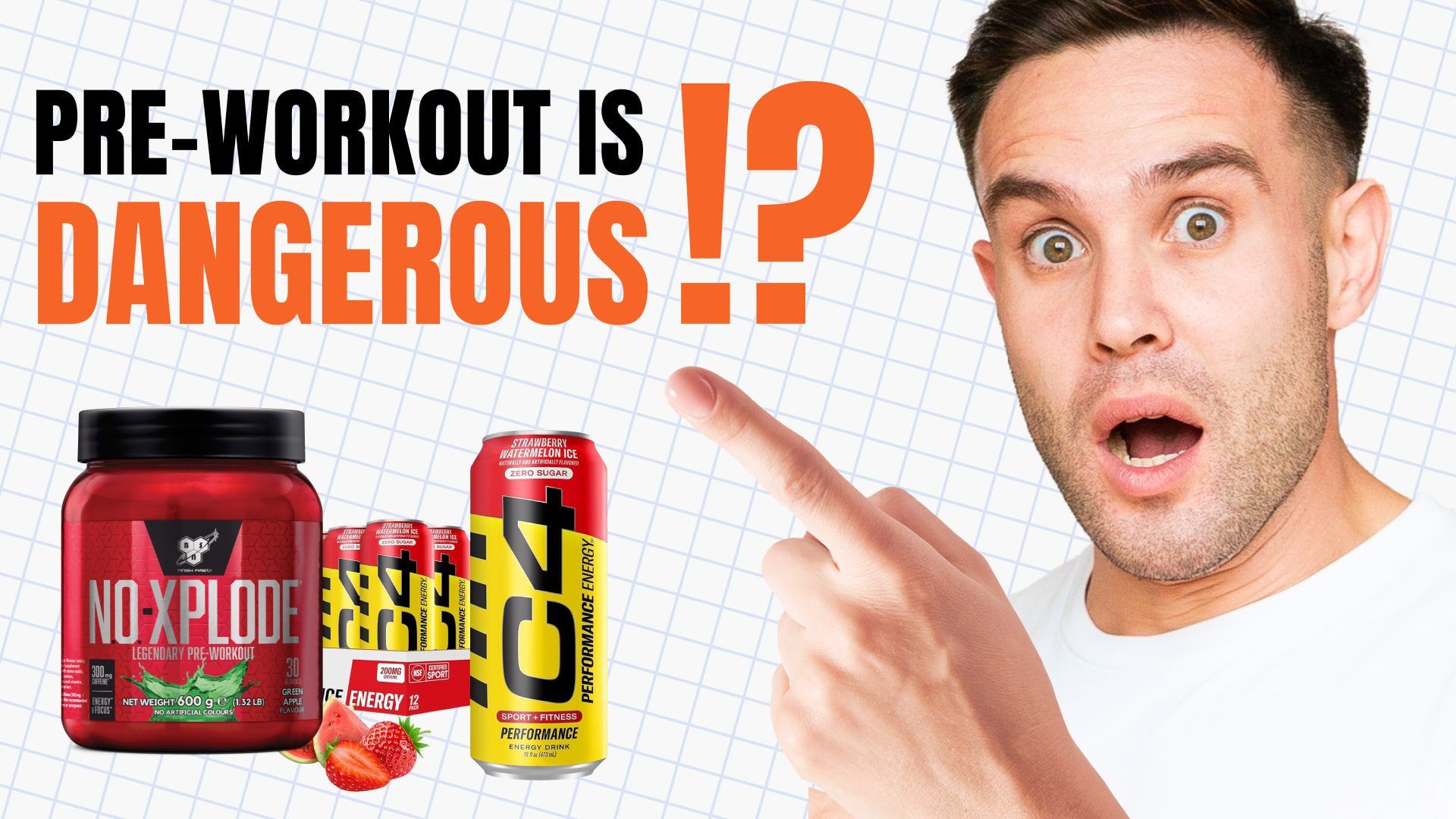

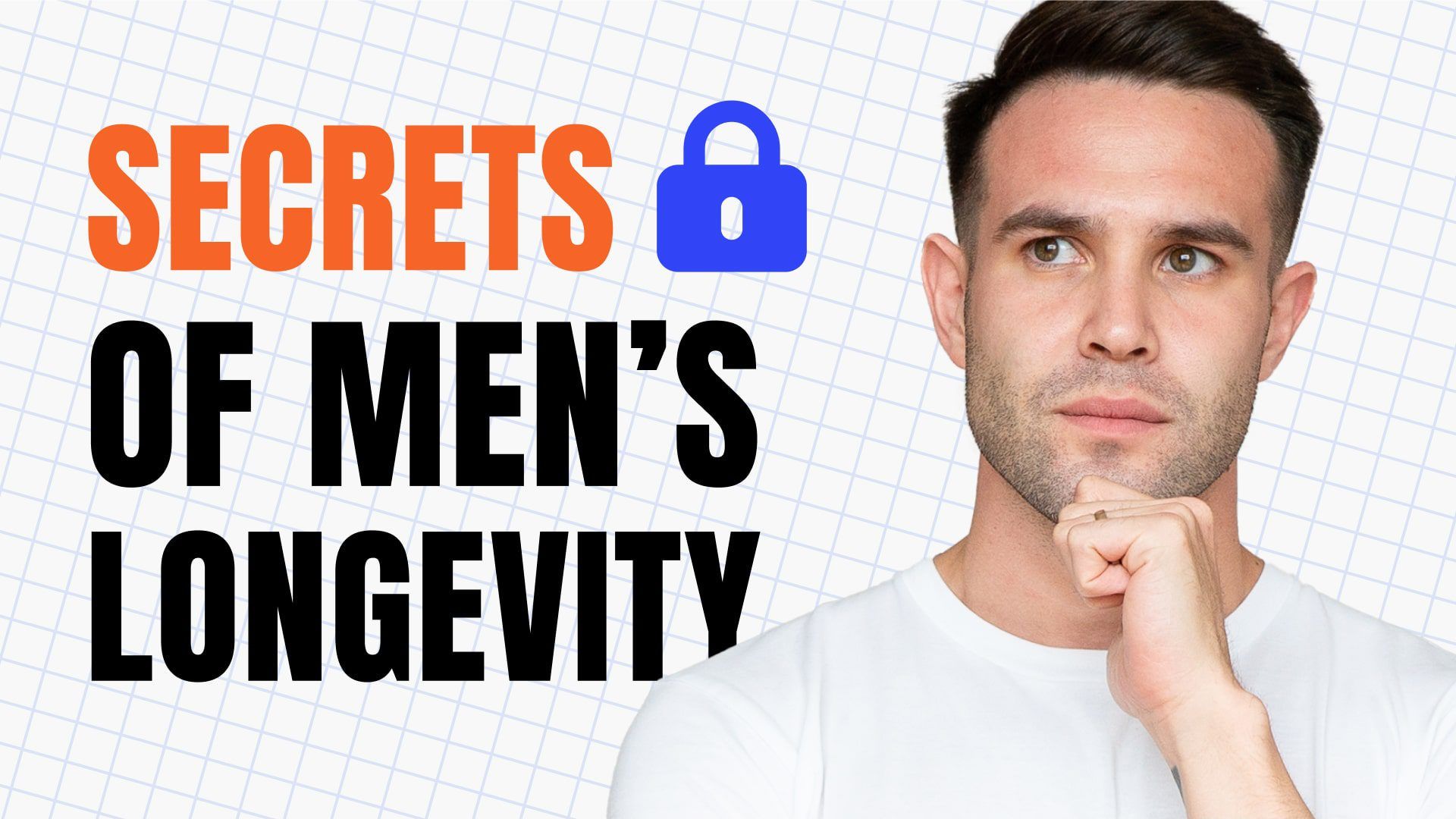
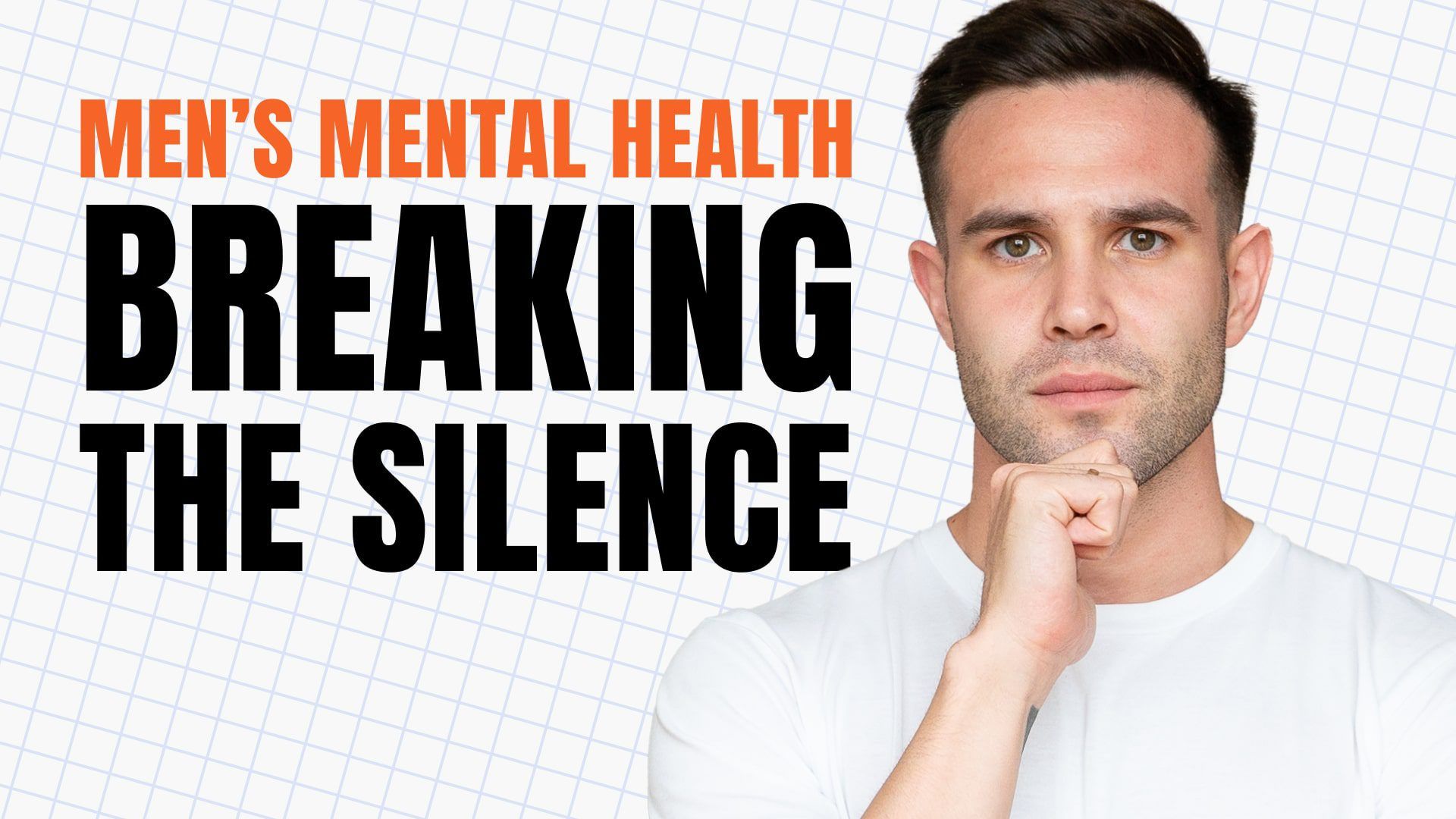
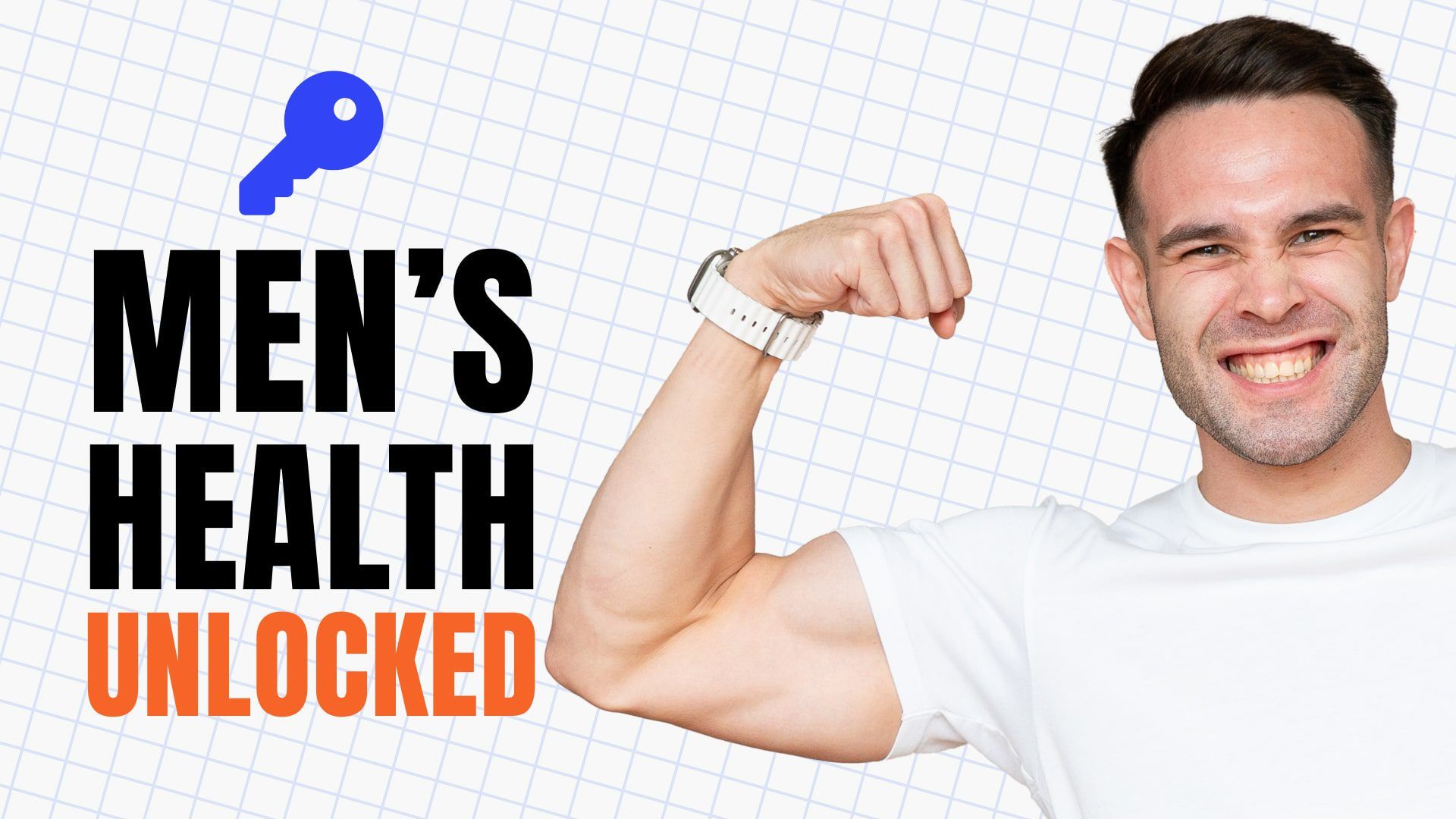


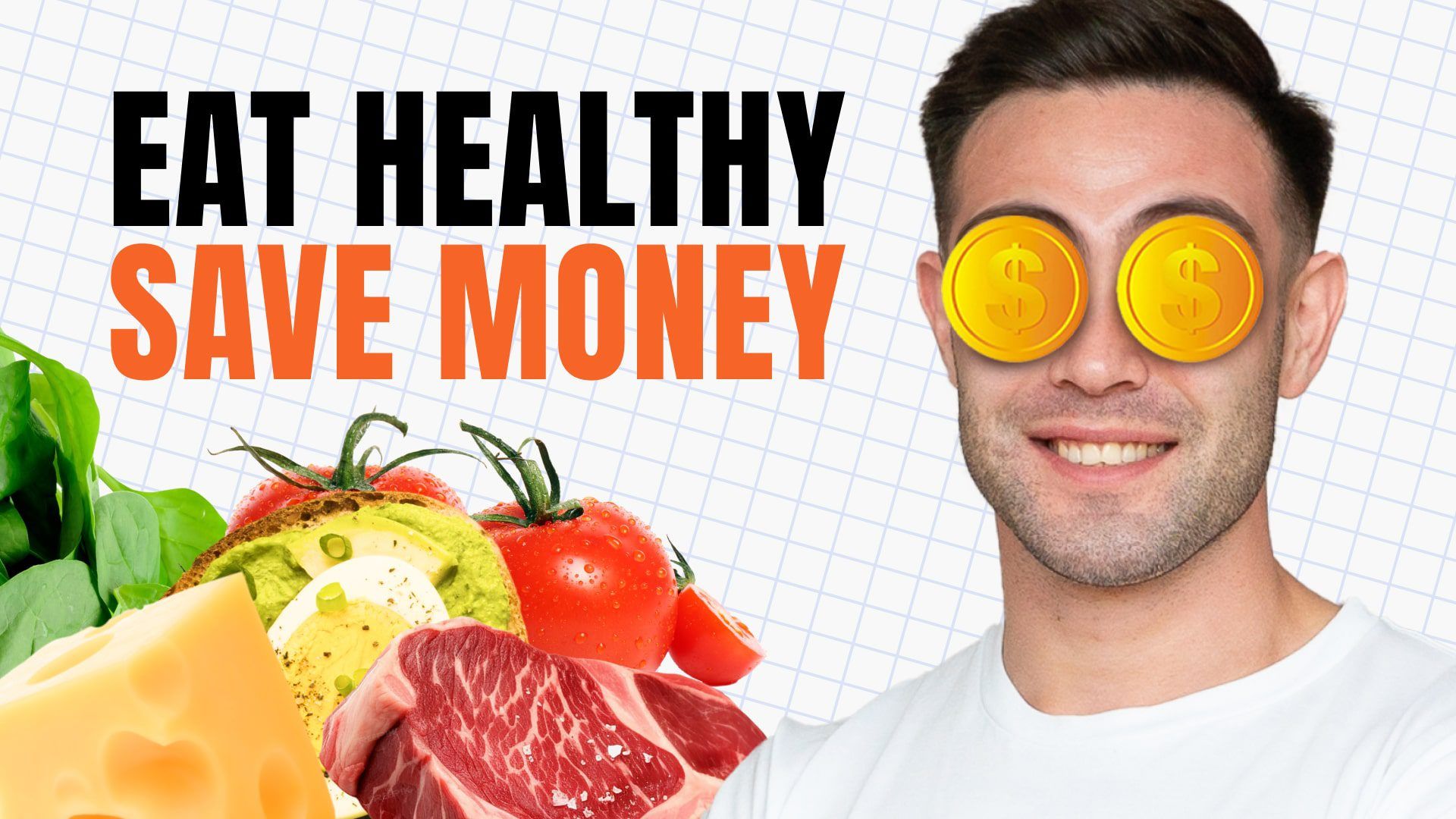

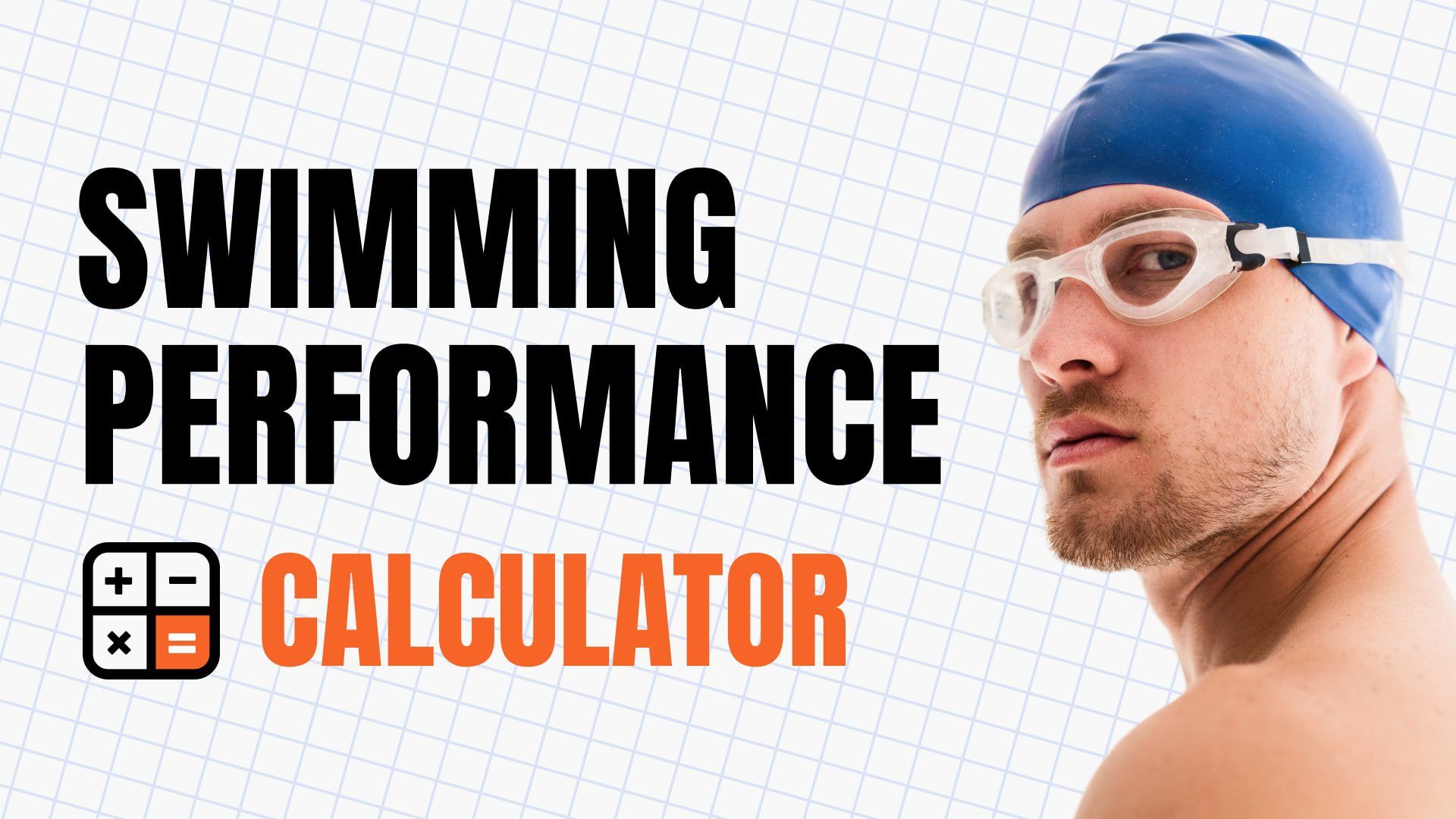
Leave a Reply